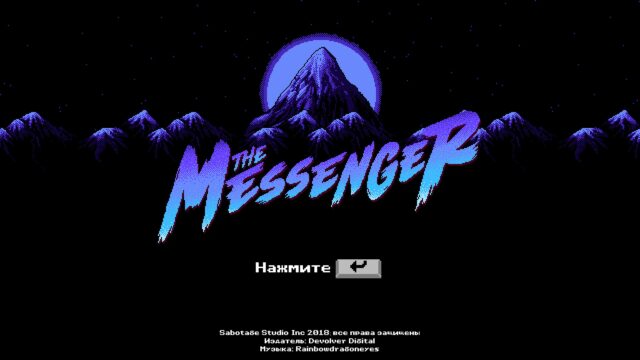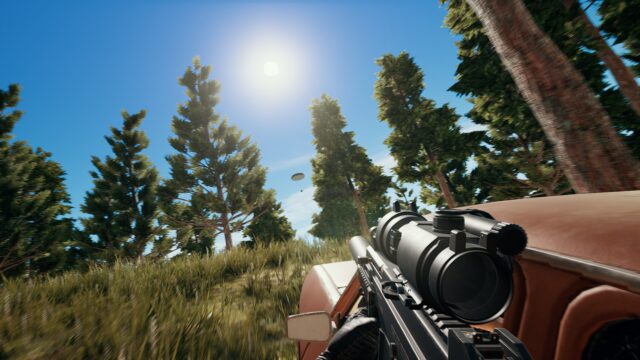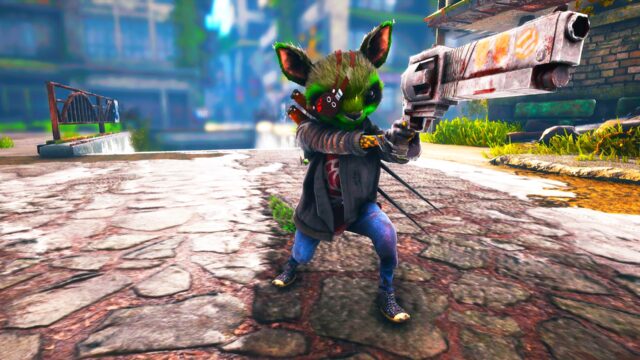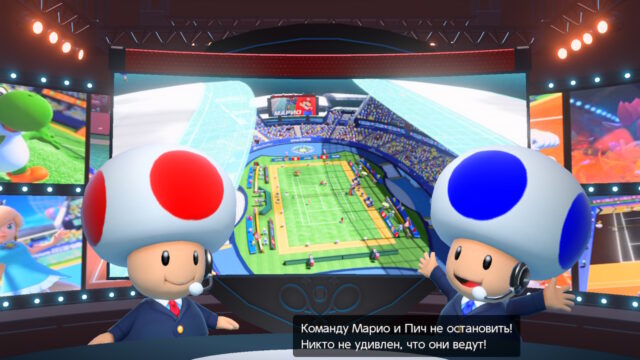Beyond Eyes Review
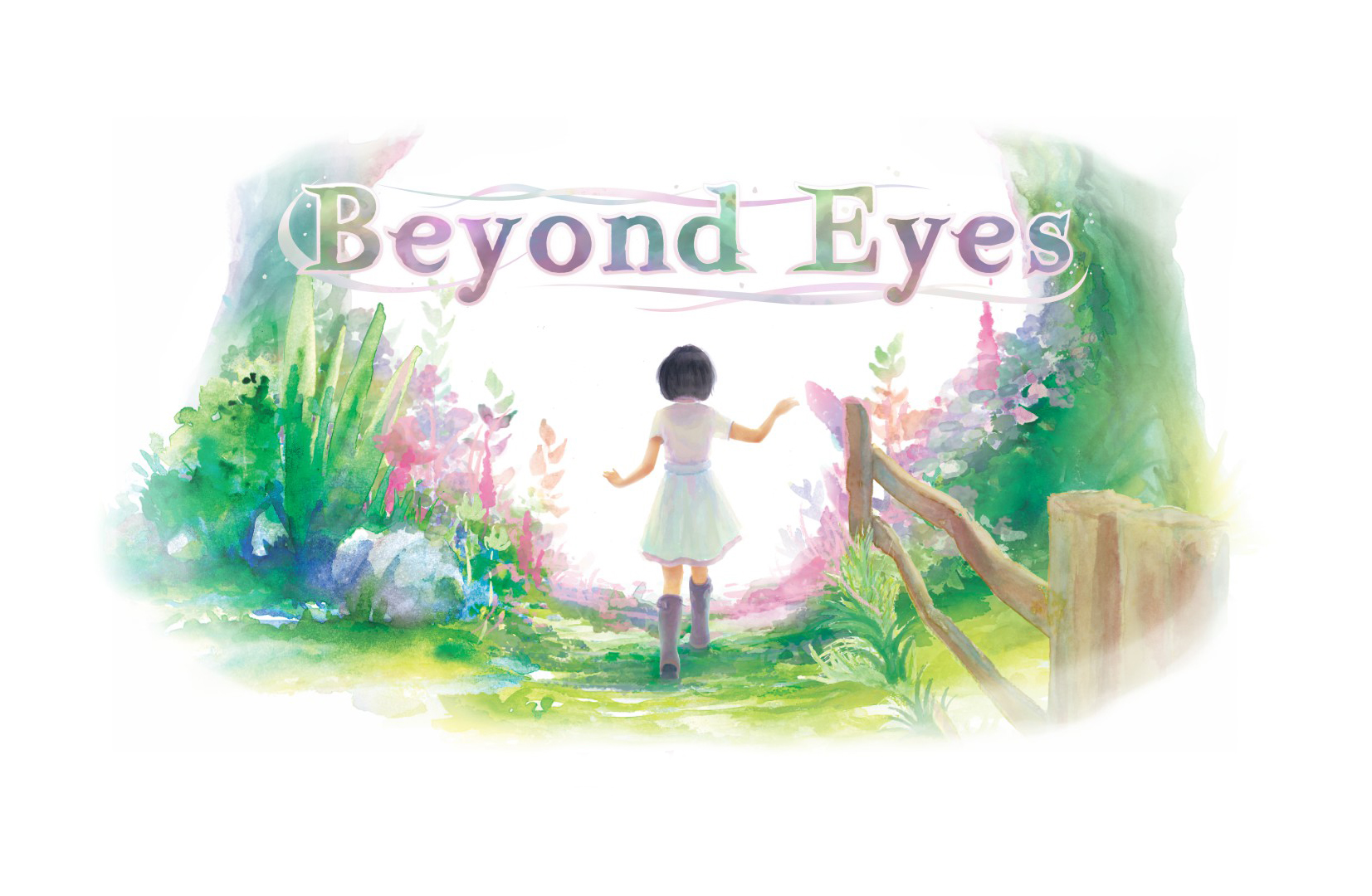
Beyond Eyes was released at a very unfortunate time for itself. Just a little earlier, when the indie industry was just starting to show its face, games with “soul” were forgiven for any flaws, from external ugliness to the simplicity of the gameplay. You could practically create an interactive tour through sparse locations, accompany it with vague speeches and not-so-obvious plot connections – and fame within narrow circles was guaranteed.
Nowadays, it’s noticeably more difficult. A “walking simulator” must be interesting, well-paced, and, if possible, attractive, otherwise thematic forums will be flooded with messages like “Another piece of Art for half an hour”. The project by Tiger and Squid and Team17 doesn’t have a problem with excessive brevity, but those three and a half hours spent in Beyond Eyes will seem more like a one-button prelude to the game that, however, you will never get to see.
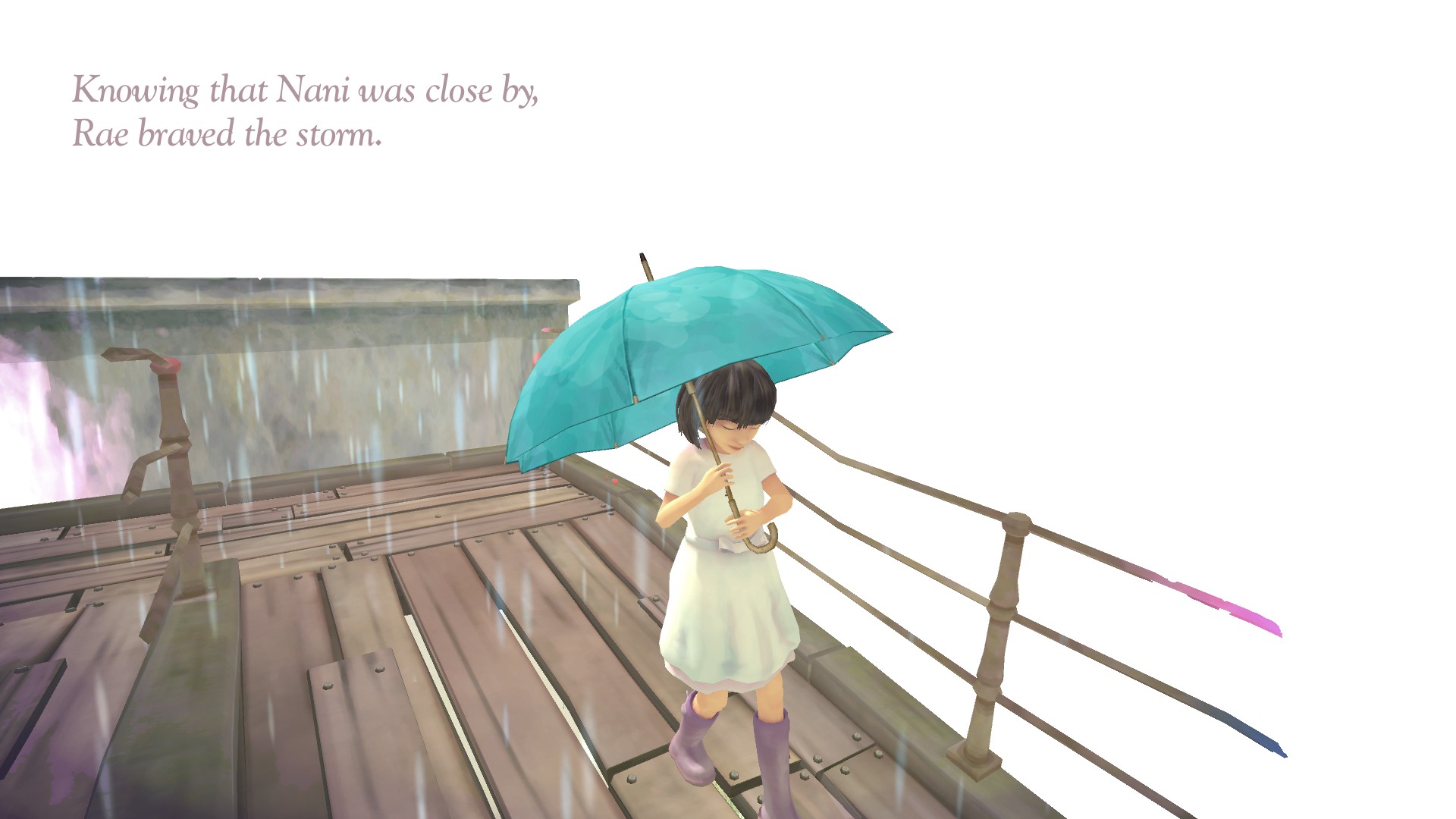
Yes, it’s a sentimental story about a blind girl. Her only friend is a ginger cat named Nani, who ran away so far that our heroine had to, um, turn a blind eye to her condition and go in search of her pet. She navigates her way using her hearing: the sound of a stream, birdsong, and the noise of cars allow her to paint forests, clearings, highways, and streets of a coastal town for us, and her special intuition as a friend helps her stay on the right path. And, in general, our only goal is to “feel out” the exit from the location in this world, in order to repeat a similar procedure in the next one.
It sounds much more intriguing than it actually is. For the first hour, you get caught up in the process simply because it’s, firstly, very beautiful. Each step transforms the white canvas, from which the level begins, into a more cohesive and vibrant picture of natural idyll. In a child’s mind, green and purple tones prevail, and the watercolor stylization brings back fond memories. Valkyria Chronicles or Eternal Sonata. And all of this is accompanied by soft piano motifs. The warm, soothing atmosphere of Beyond Eyes is perhaps better than anything else.
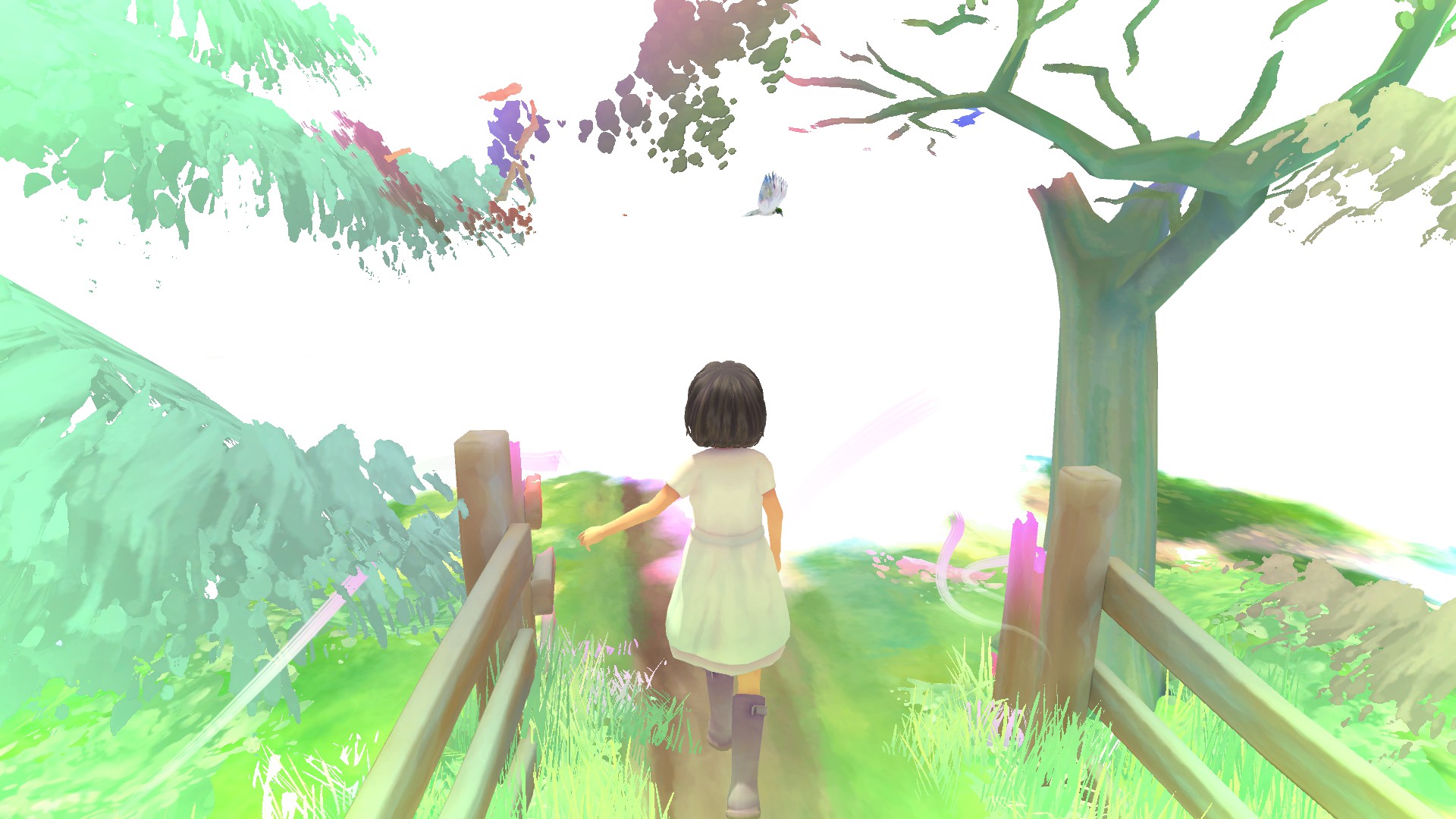
Secondly, the beginning is not very promising, but it is worth paying attention to. The prologue really promises a solid semi-childish story, and the uniqueness of the heroine, so to speak, does not allow us to predict how the plot will unfold. That’s why you set off to find Nani with some motivation.
Thirdly, in the initial stages, our adventures try to embellish themselves as best they can. First with ordinary obstacles of varying degrees of difficulty, then with slightly more subtle methods. For example, at the age of ten, the girl is insanely afraid of dogs and crows, which often forces her to look for detours. Well, or on the way, it suddenly turns out that we do not always correctly identify things by their sound: a luxurious waterfall can turn out to be a sewage pipe, a branch lying on the road turns into an umbrella, and a game turns into a… sad illustration of typical game design mistakes.
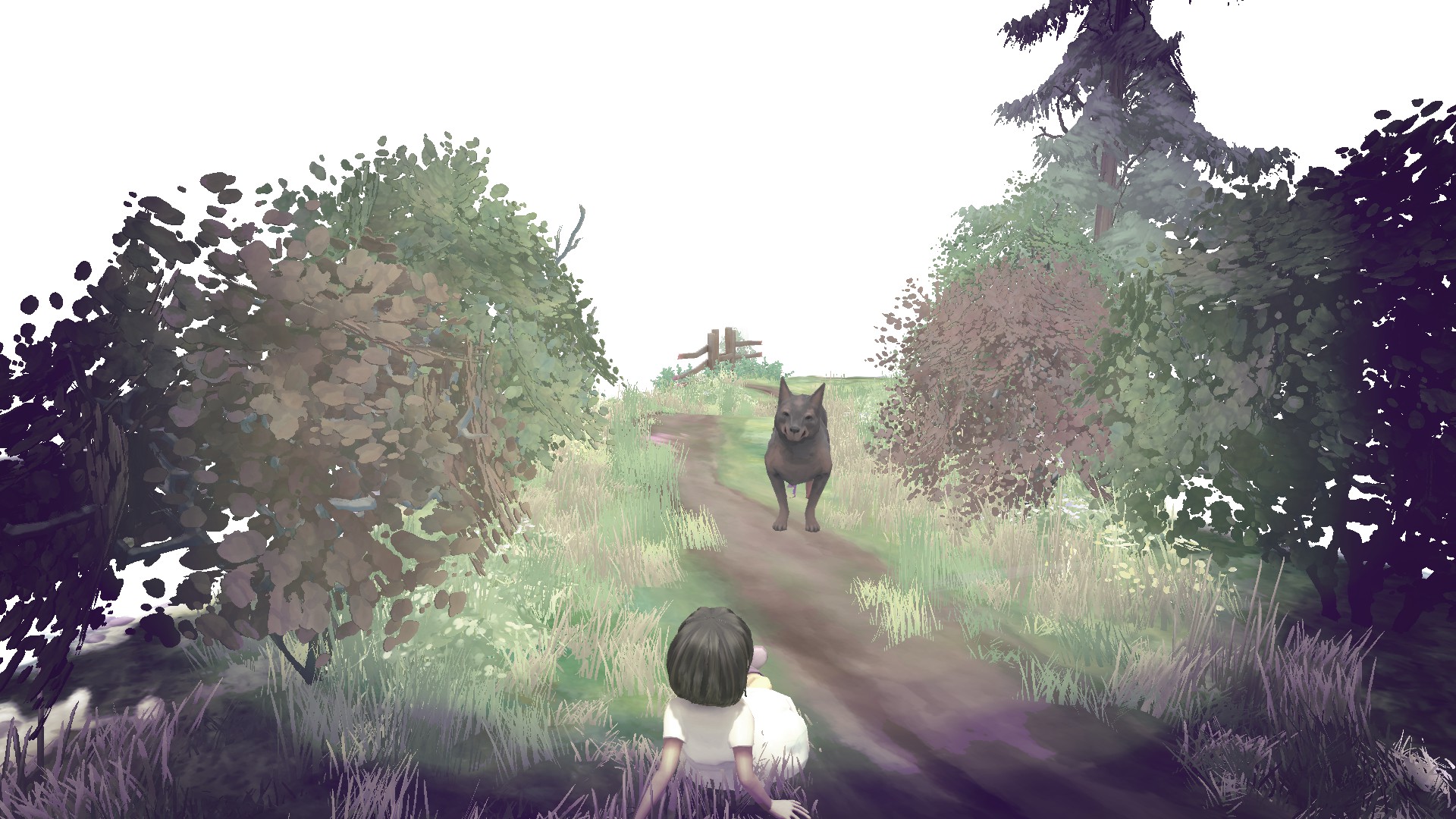
When Beyond Eyes exhausts its creativity (which, unfortunately, doesn’t last long), the flip side of many merits is revealed, leaving only a fence of irritation and annoyance. No matter how beautiful the local landscapes are, you get tired of them somewhere in the middle due to excessive copying. Their thematic design somewhat improves the situation, but in the later chapters, the feeling of careful handcrafting is still lost.
Following the locations are gameplay techniques that start repeating too early and too often. After introducing a basic set of attractions, the creators begin shuffling them around without any hints of something new. Sometimes there are horribly elegant ideas like a highway in the form of a threatening wall of black smoke, but mostly it’s the same fences, gates, crows, and roaring cars, and the most you’ll be required to do is press the “Space” button firmly. There are no tricks, puzzles, or anything else – every problem simply implies that you’ll have to take an extra loop. The unfortunate dog, by the way, is considered the main trump card here and repeatedly returns to dispel boredom, but in the end, only condemns you to a longer route.
All the aforementioned hardships wouldn’t be perceived so sharply if our ward didn’t walk so slowly. This is perhaps the most serious complaint about Beyond Eyes, which, we remind you, is entirely dedicated to walks. If you also consider that the player initially has no idea about the level layout and is forced to repeatedly return to already explored places for exploration purposes, it becomes even more sad. It is quite obvious that blindness does not go well with marathon runs, but it was still necessary to go for such a game convention, because at the speed of a grandmother from The Graveyard, any desire for discoveries disappears. The creators, however, acknowledge their mistake and promise to fix everything.
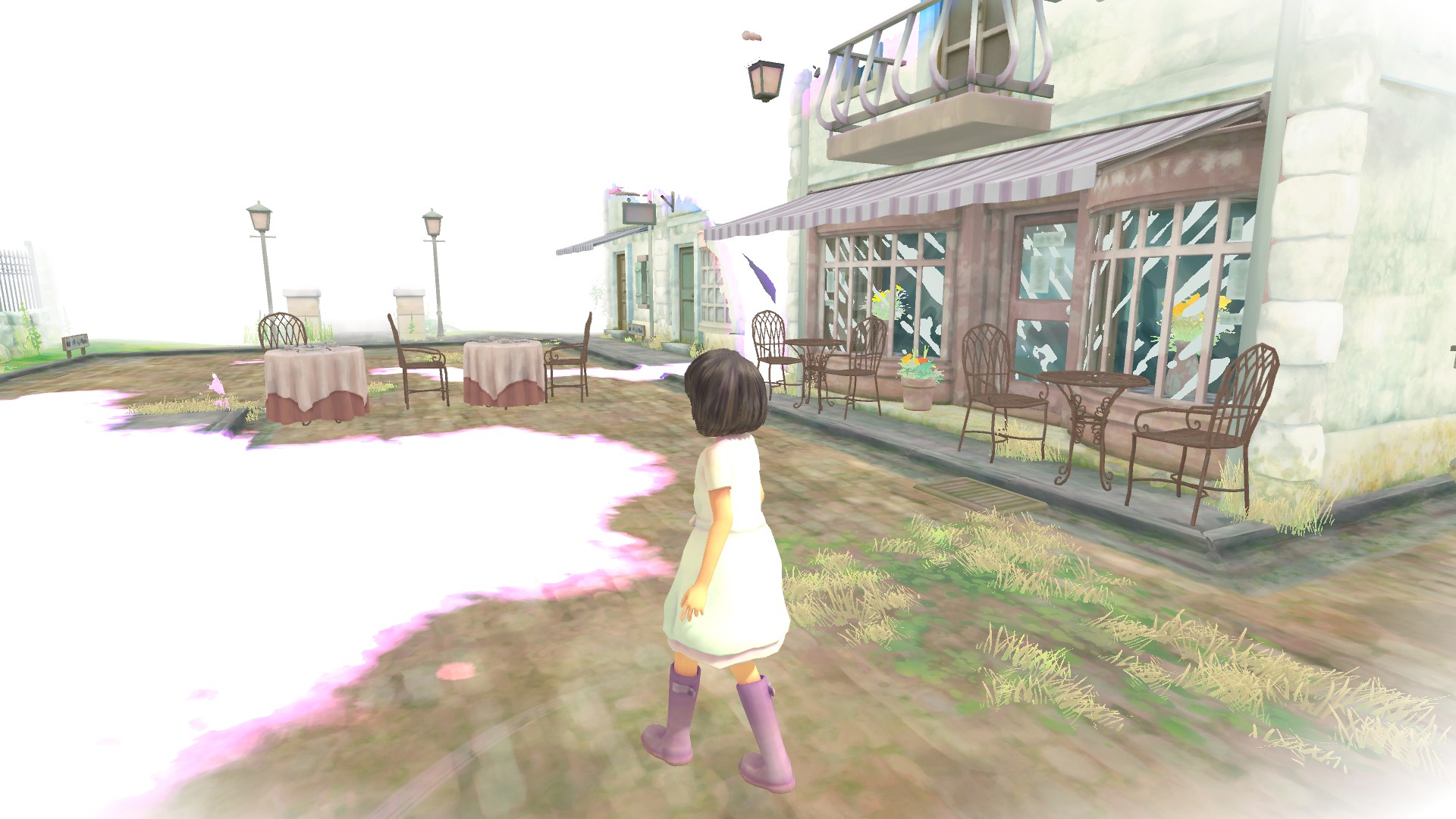
There are no people on the streets for some reason. But behind the fences, busy workers keep appearing.
But this does not negate the problem of obstacles, in particular – all kinds of fences. Here, for some reason, it is considered reasonable to first draw part of the landscape behind the map, and then put an impassable wall in the way of the joyful player. Many barriers do not appear until the very last moment, seriously hindering progress, although we all know perfectly well that you can estimate the location of an object even with closed eyes by its echo. Our girl, apparently, hears through concrete.
Further, only the plot confidently leads by the hand. And again – disappointment. Not only does the ending give an emotional discharge as if halfway, but throughout the game, the story does not grow with details at all. For narrative purposes, two lines of explanations are occasionally given, but they clearly are not enough to reach the necessary level of empathy. What’s more, even a simple excursion into the friendship of a girl and a cat as an introductory video would have been suitable. Instead, we are presented with weakly supported facts and forced to empathize. It turns out to be extremely strained.
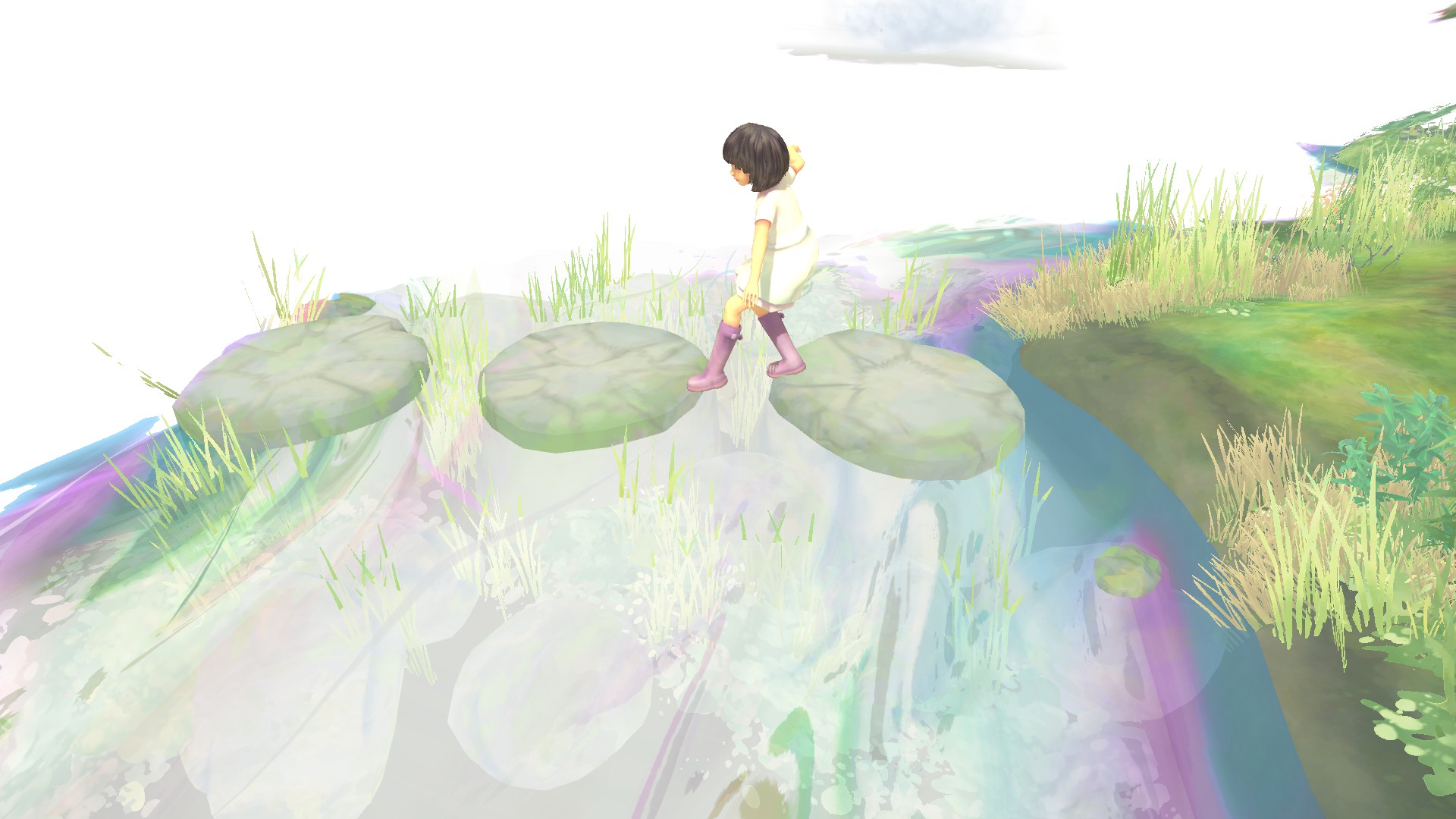
And yet there is no reason to sincerely regret the time spent. The magic of the created world is not overshadowed by technical glitches, and it alone is capable of providing a good session. Moreover, the gameplay simplicity is only noticeable from the perspective of big projects – fans of conceptual games or, jokingly, children will surely be delighted.
Unfortunately, Beyond Eyes forcibly keeps you until the very end to confess its shortcomings. Its attractiveness and still touching storyline prevent you from being offended, despite its emptiness, so you simply say a condescending “thank you” and leave, probably never to return.
Share
Discuss
More Reviews
